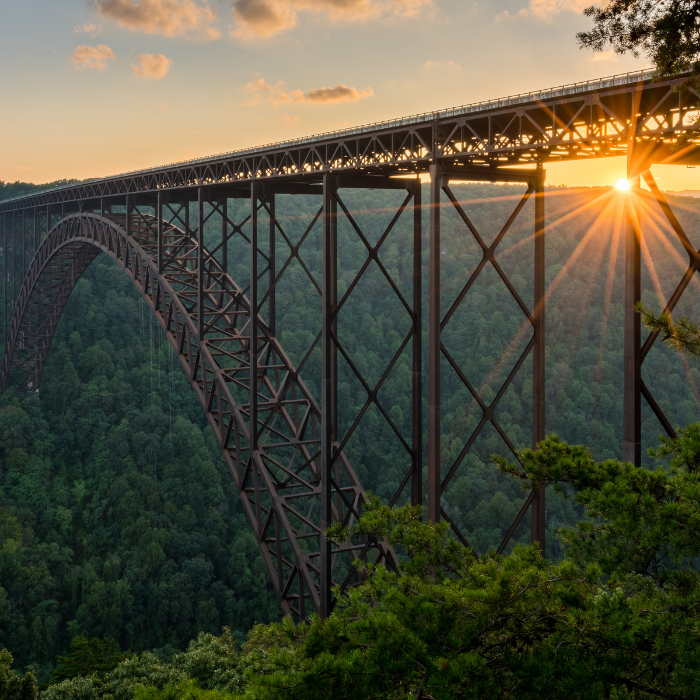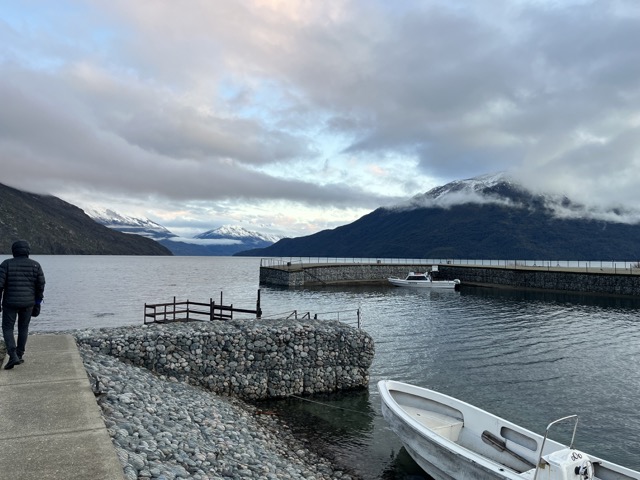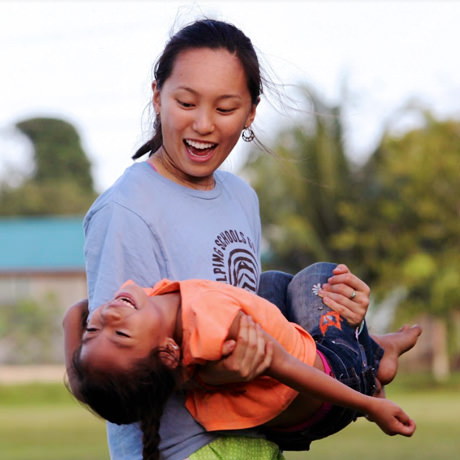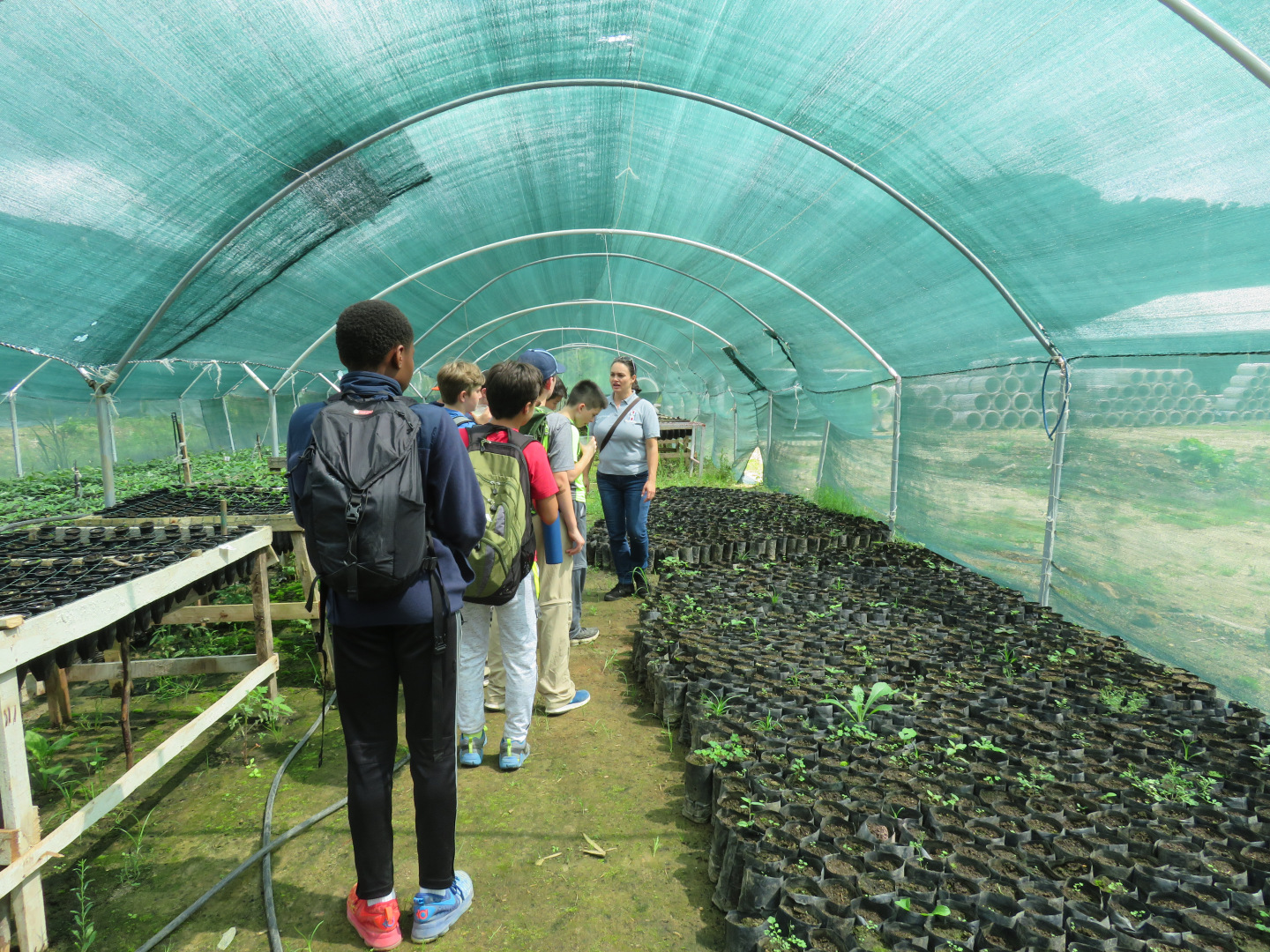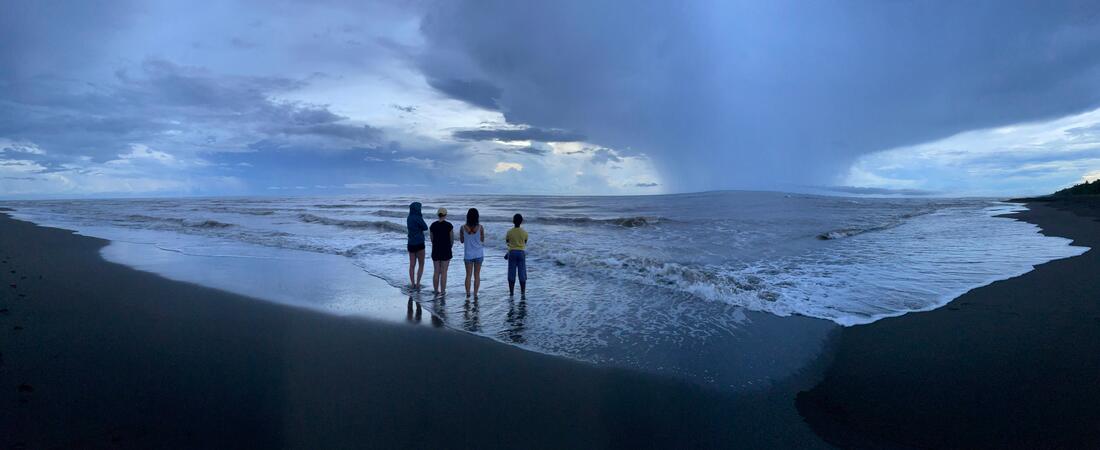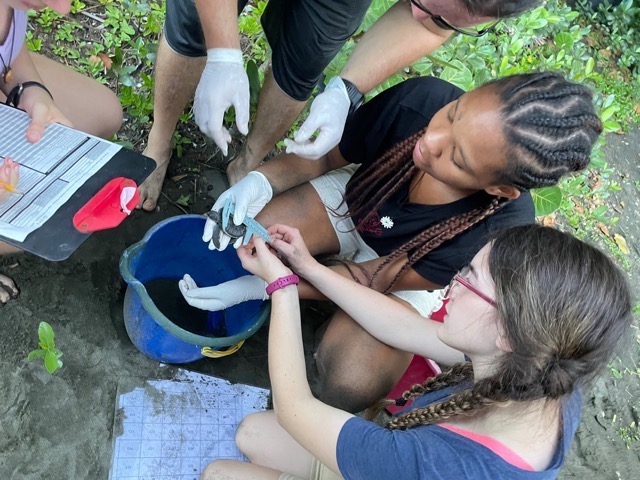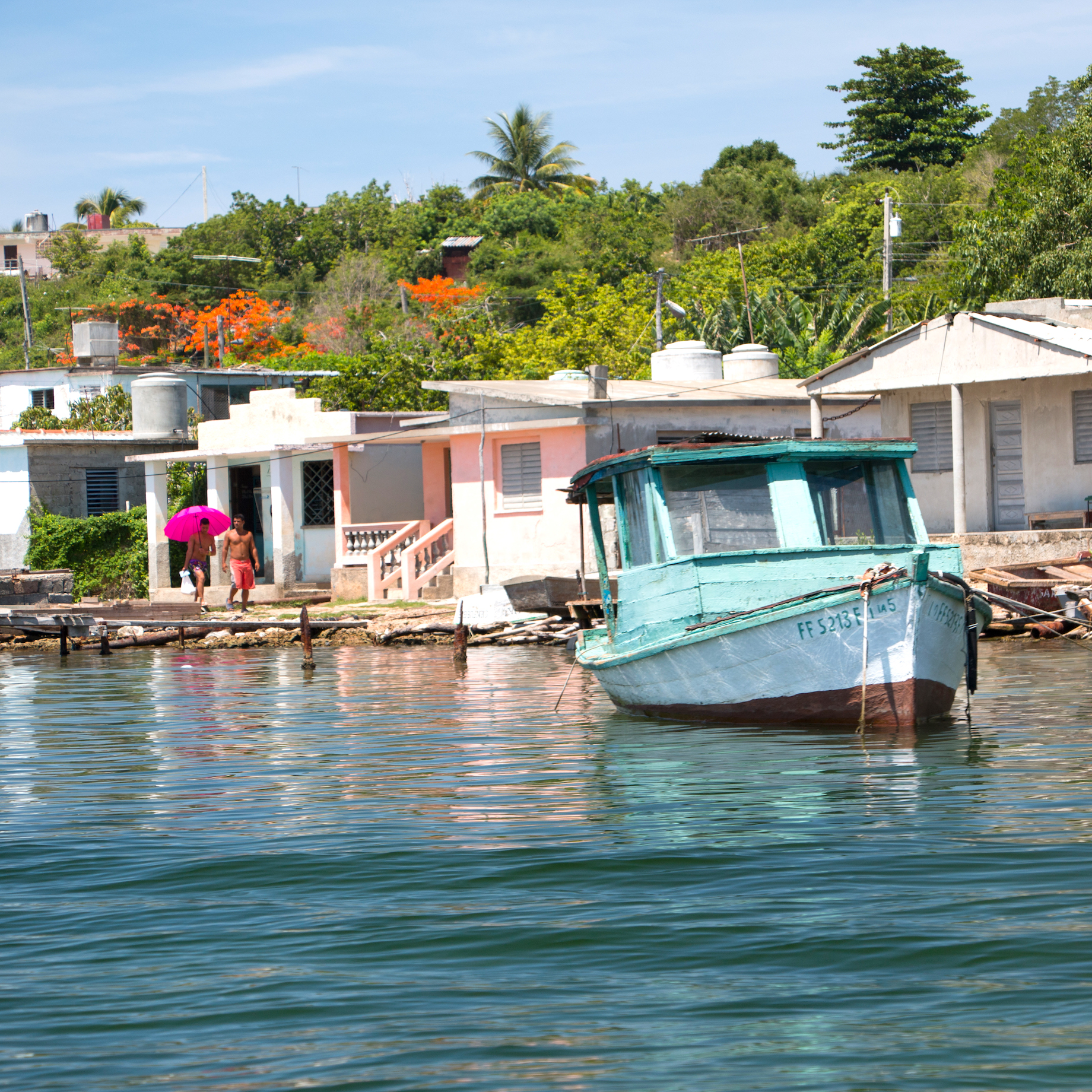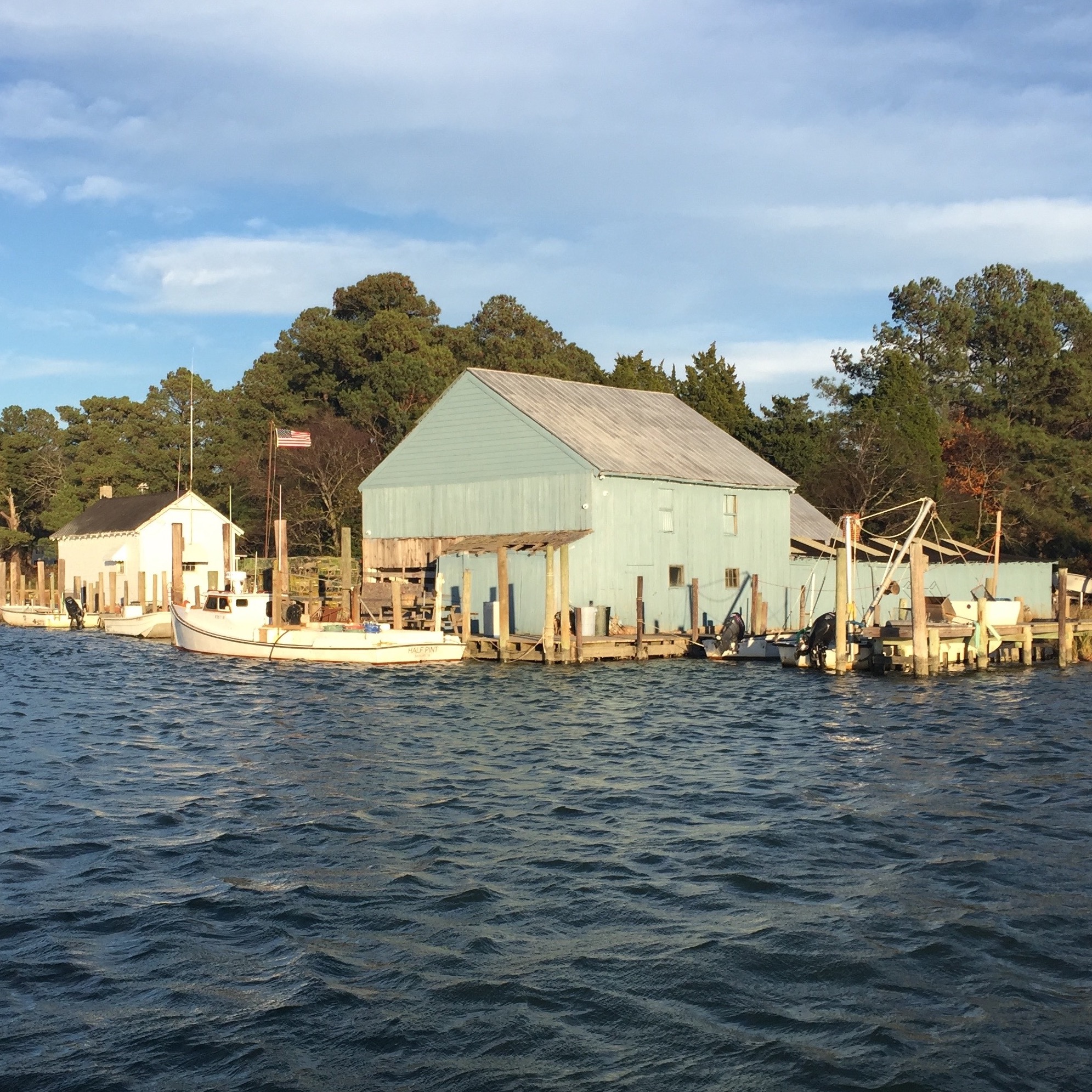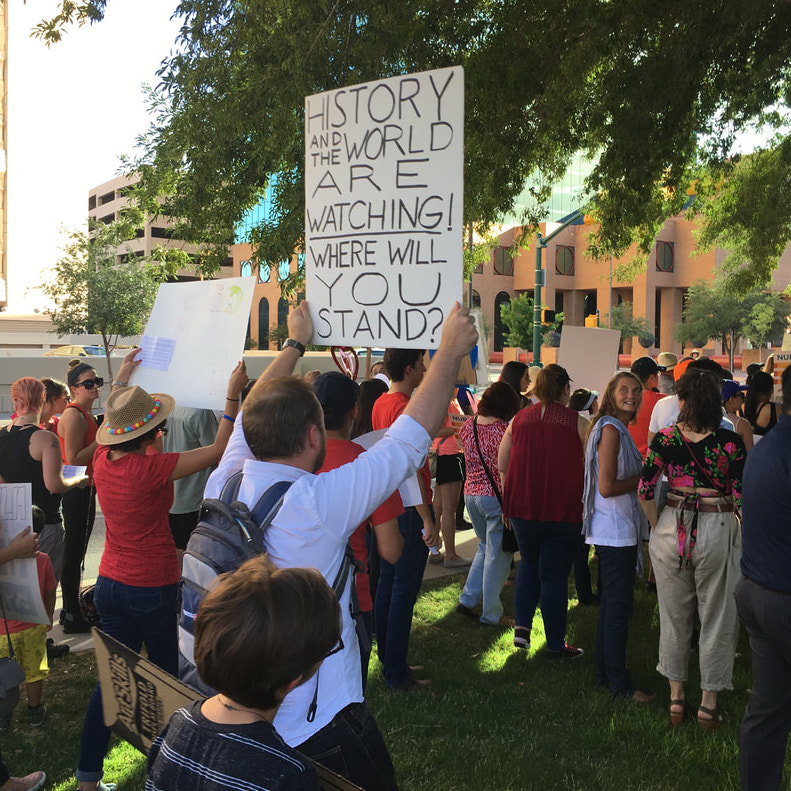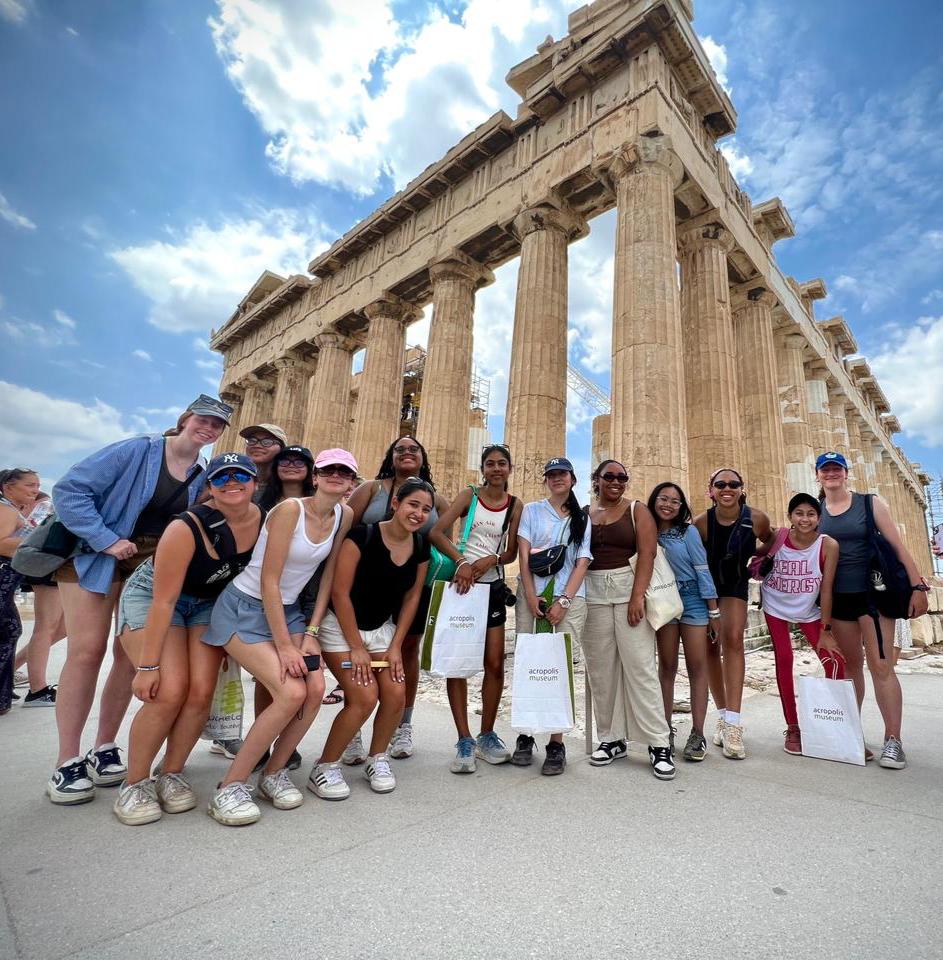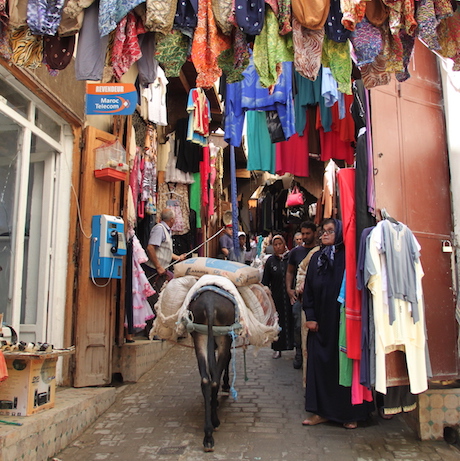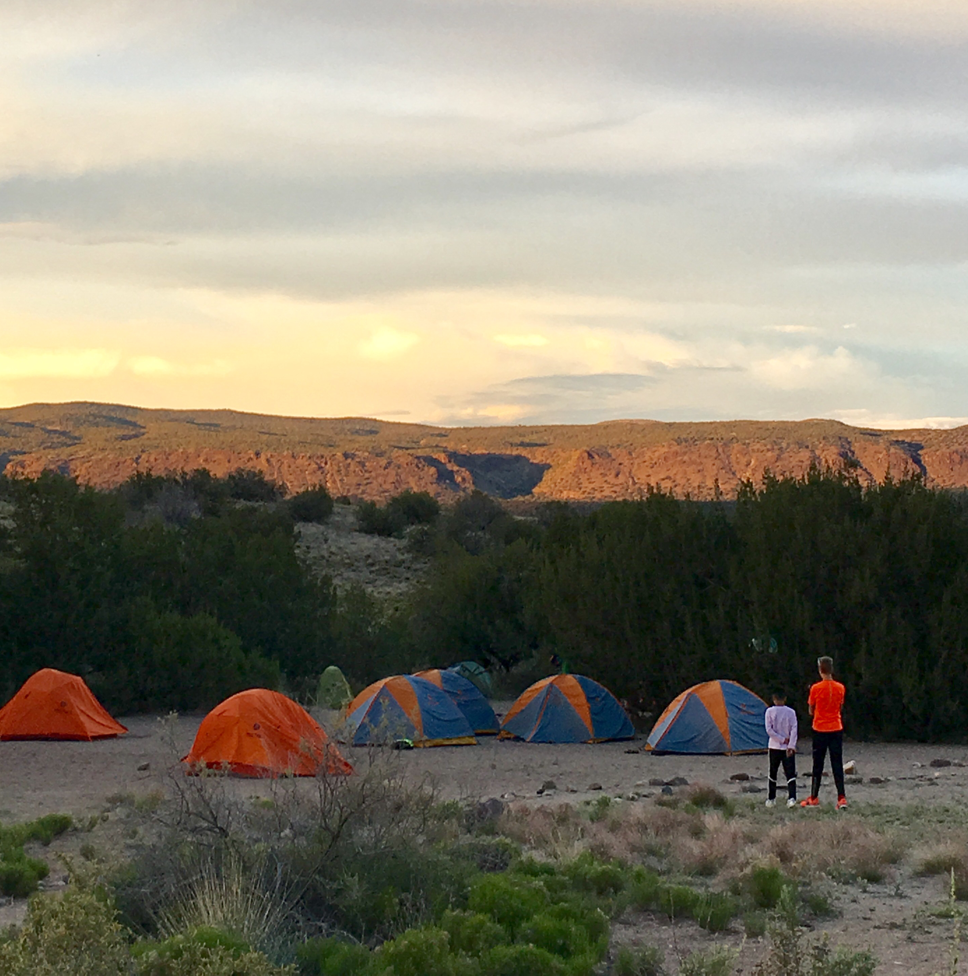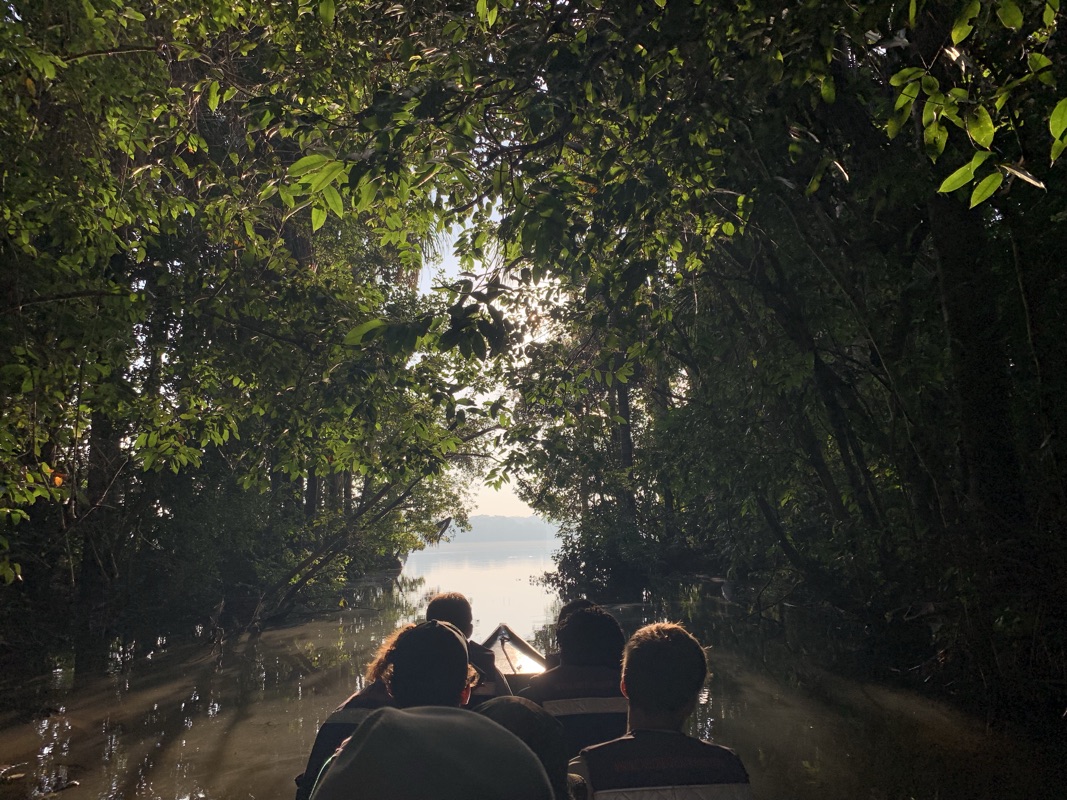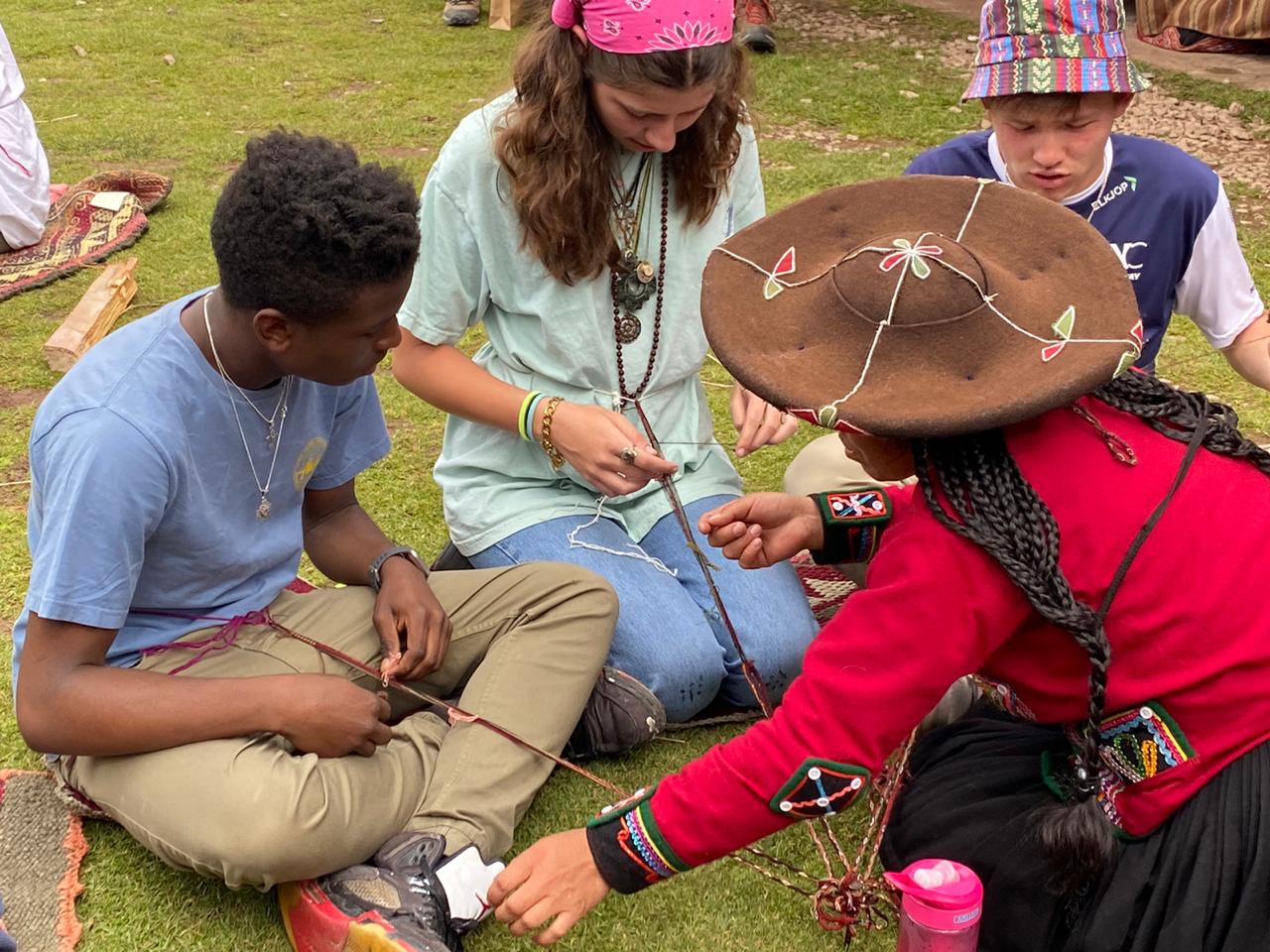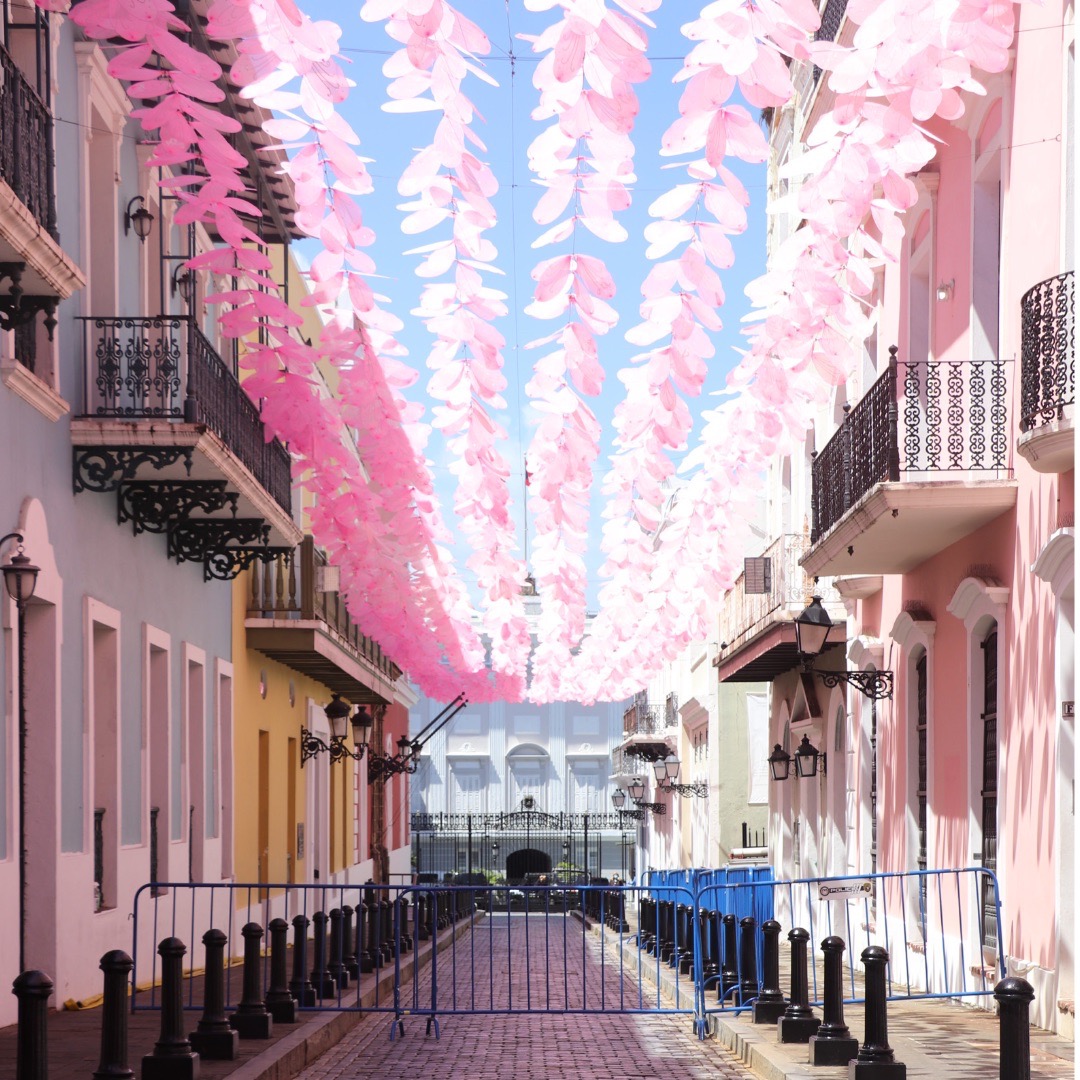Programs on the Eastern Shore
The Eastern Shore of Virginia and Maryland is a living classroom for exploring social and environmental justice in a local context. Colonial plantations on the Eastern Shore plantations were among the first to use the labor of enslaved people from Africa in the early 1600s. Today’s residents of the Eastern Shore are a mix of Black, White, and Latinx and continue to grapple with racial justice and the legacy of slavery. Industrial farming and poultry production drive the local economy and also threaten the Shore’s unique ecosystem, which includes maritime forests, salt marshes, intertidal zones, and barrier islands.
The Eastern Shore is the thin finger of land that separates the salt marshes of the Chesapeake Bay from the Atlantic Ocean. This peninsula, only 10 miles wide, was one of the first places the English colonists settled after founding nearby Jamestown in 1607. Because of its geographic isolation, the Eastern Shore remains today a time capsule of its colonial history. Virginia’s Eastern Shore is also an interesting case study on how industrial agriculture is threatening the most pristine Atlantic coastline in the continental United States and how small communities around the country are still dealing with their past.
Students will learn about environmental issues such as corporate farming, the local poultry industry, oyster hatcheries, and their impact on the surrounding land and waterways. They will also have the opportunity to see examples of small-scale organic and community-based farms, as well as the work of widely respected scientists working on interdisciplinary programs in oceanography, water quality, restoration of seagrasses, marshes and shellfish and for expertise in ecosystem modeling.
Being one of the first parts of the United States to be colonized, its dark past is not difficult to see by replacing corn and soybeans with cotton and tobacco; weather-worn combines with calloused hands of slaves; and lively main streets with color-segregated blocks. Each community deals with its past in a different way, some chose to ignore it, and some, like Cambridge, Maryland are confronting it. We partner with local leaders to investigate the racial history on the Eastern Shore and use it as a case study to create long-lasting systemic change.
The safety of our programs rests on the experience and skills of our Staff, Country Coordinators and Instructors, who convene at our annual training in Colorado’s Arkansas Valley.
- The Staff of World Leadership School have decades of experience working in different educational environments. Their focus is logistics, risk management, program design, professional development, and consulting.
- Our Country Coordinators live and work year round in our overseas countries. They screen our homestay families, evaluate our transport and other service providers, and provide ground support for our groups.
- Our Instructors are veteran educators with extensive international experience. They have wilderness first responder training and often have past affiliations with Peace Corps, Outward Bound, NOLS, and/or independent schools.
We strive to responsibly manage risks. Our itineraries minimize highway travel and maximize immersion in rural communities that we know well. We update our risk management protocols, integrate feedback into program design, and invest in safety and communication equipment. Despite these efforts, World Leadership School cannot guarantee safety nor can it eliminate the inherent and other risks of international student travel. For information regarding program activities and associated risks, risk management, and student and parent responsibilities, please contact our office.
“We live in a big country. If I could take away one thing from this trip it would be that. While we spent time here on the Eastern shore, I have realized what a beautiful, but also cruel place we live in. I have recognized the challenge that animals face when adapting to the climate. I have recognized the challenges that immigrant workers face when they enter the country with no money and little to no English skills. Most importantly, my eyes have been opened to the places and cultures outside my community.”
— Student from The Berkeley Carroll School

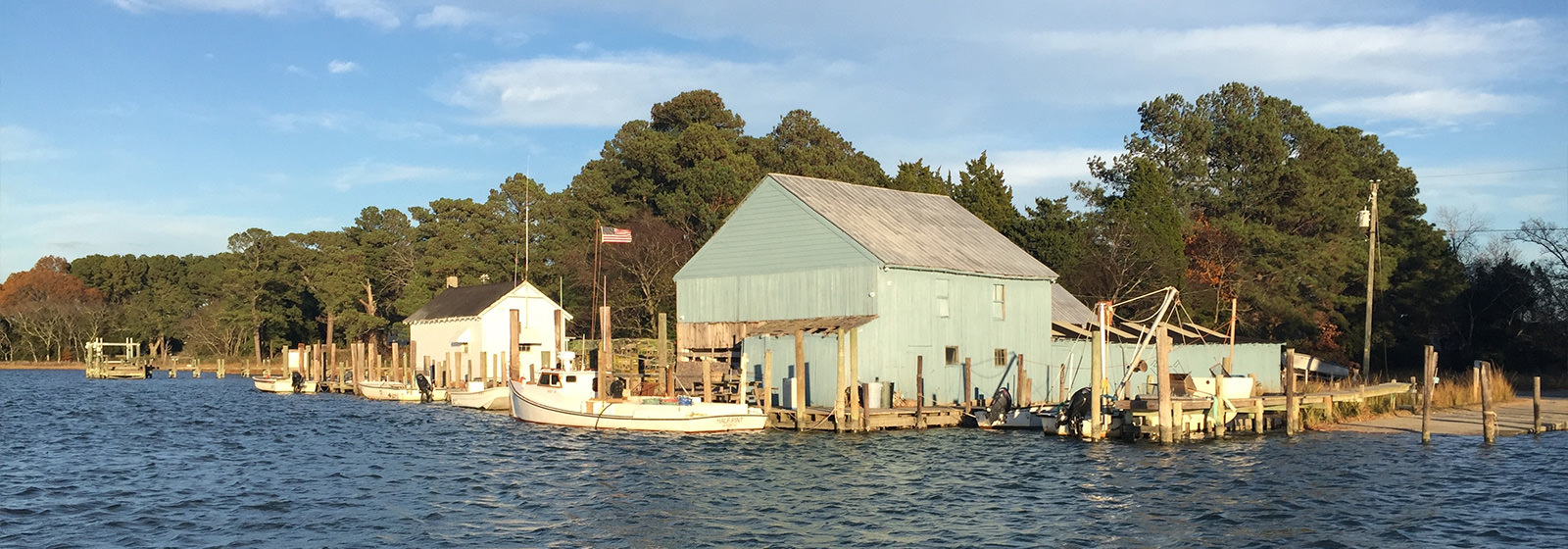
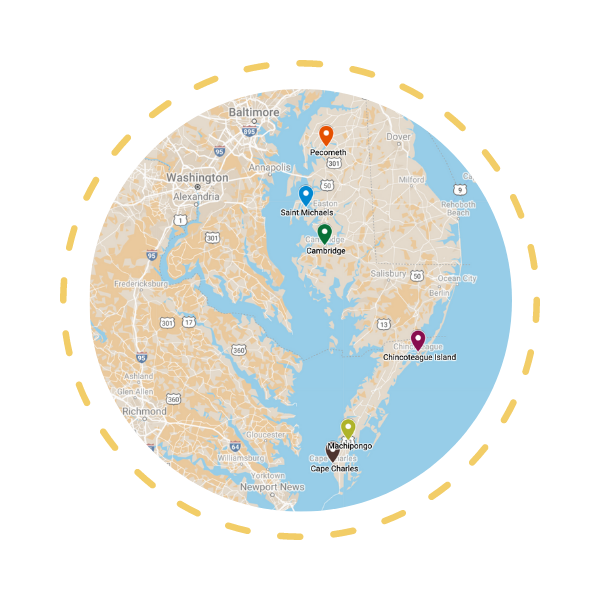
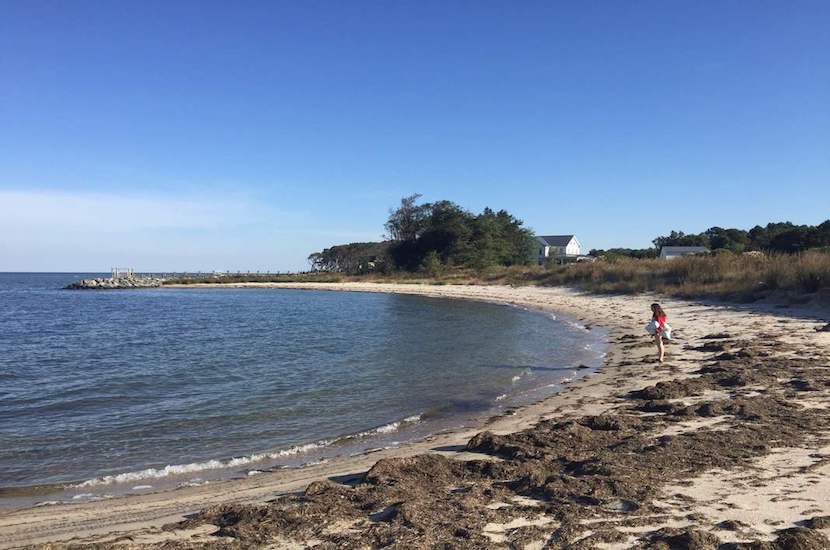
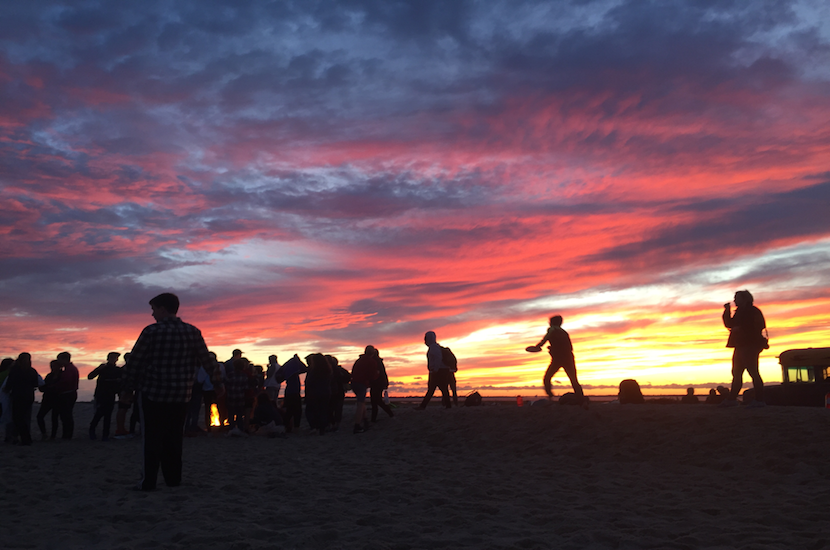
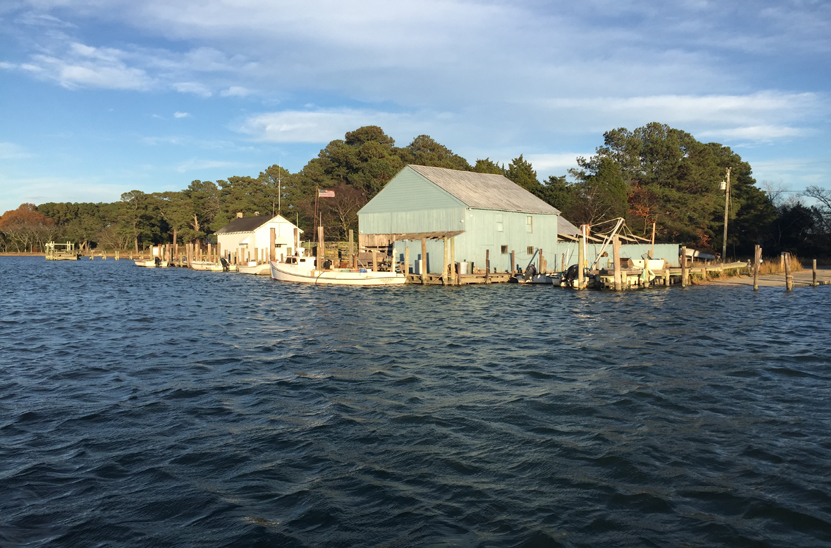
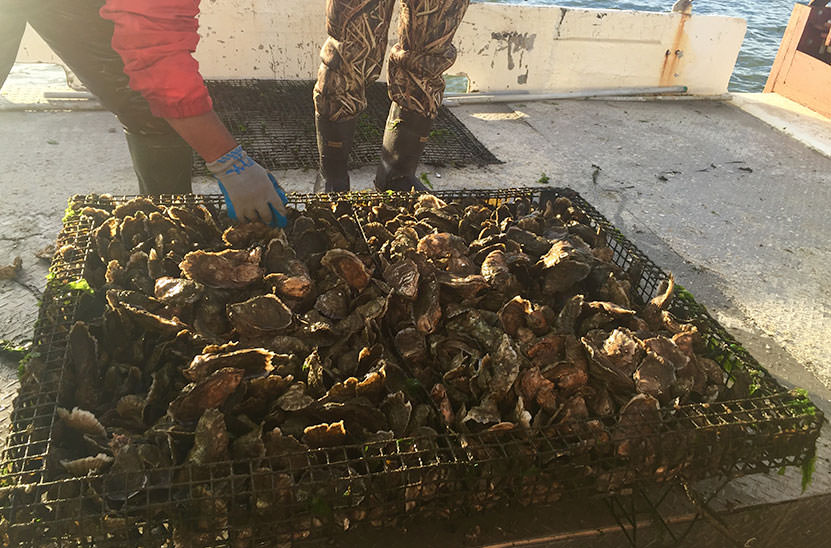
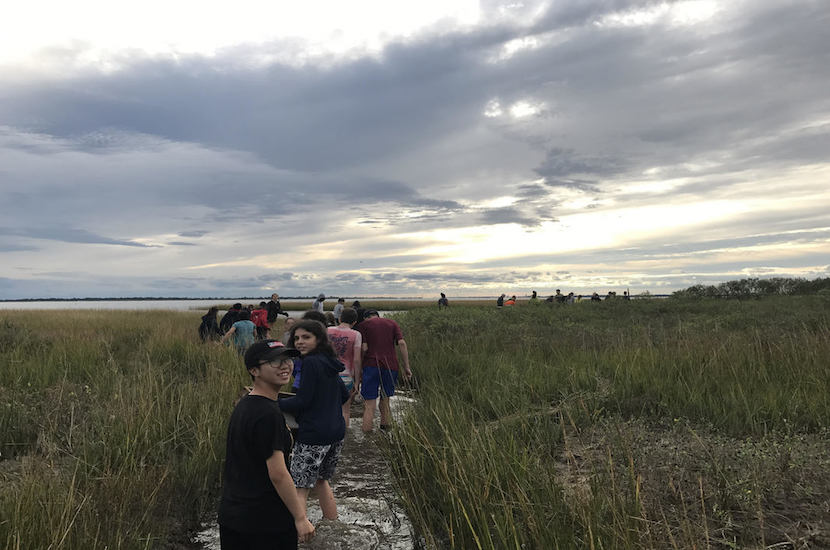
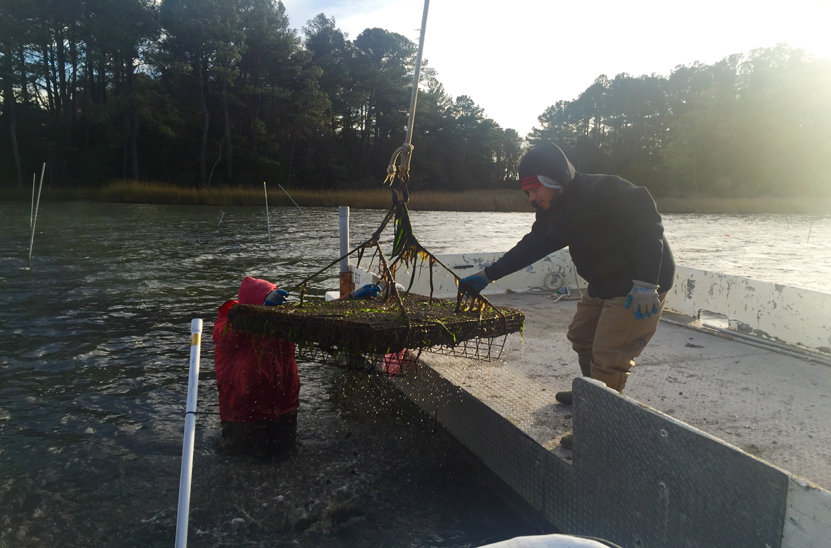
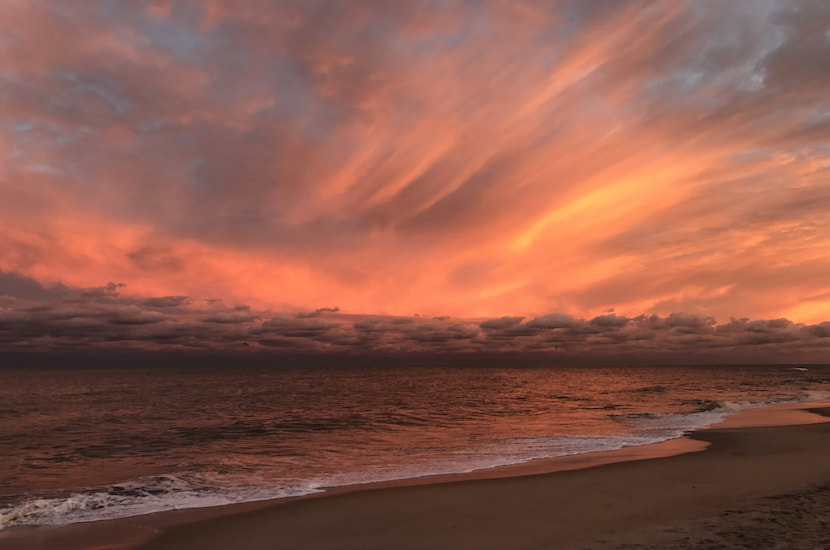
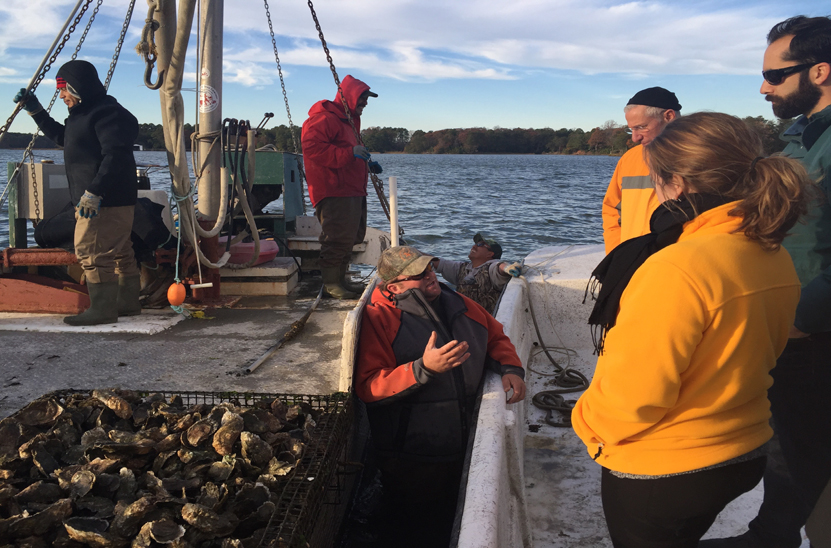

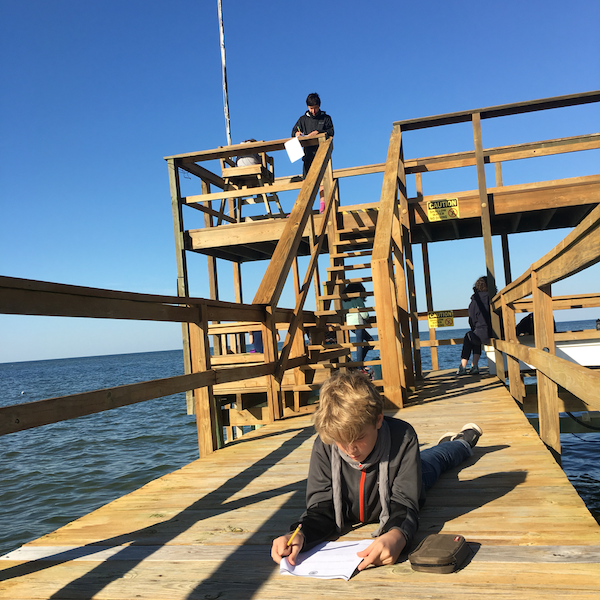
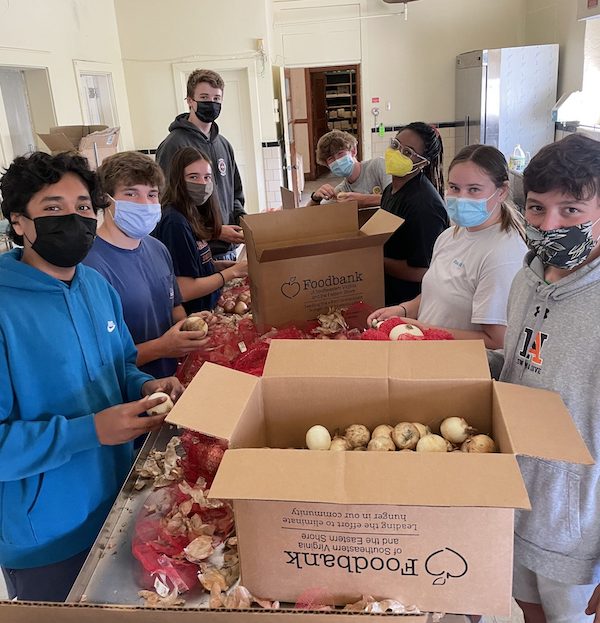
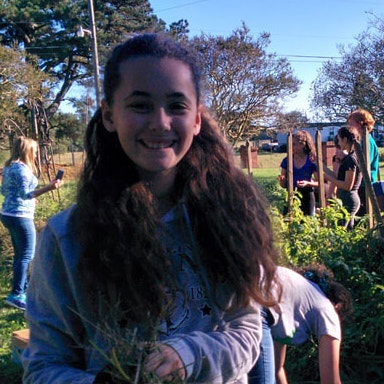
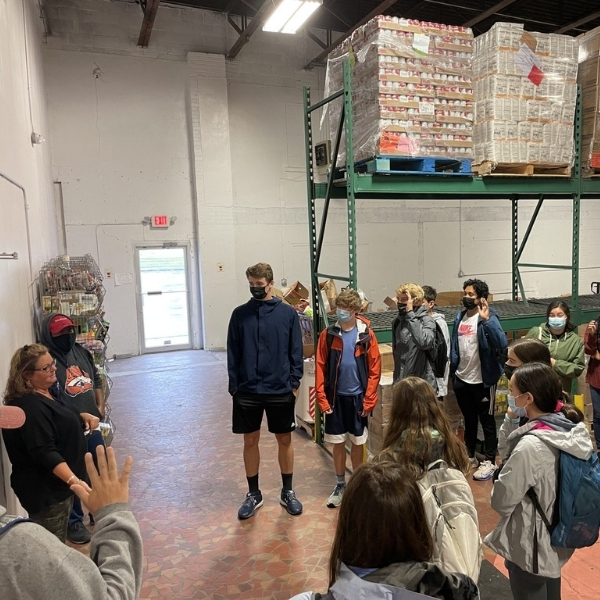
 Explore WLS
Student travel locations
Explore WLS
Student travel locations
